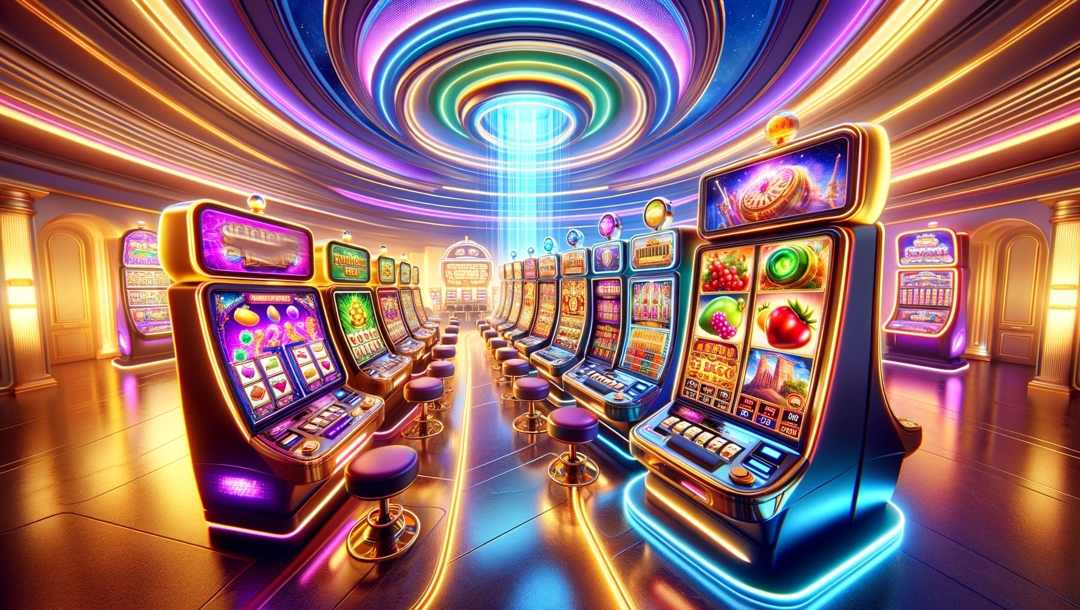Expanding engineering and the net have led to enhanced handiness and expenditure of sex videos by a vast hearing. This unrefined propagation of suppurate , often defined as adult amusement, corroborates a profound discernment transfer, embrace open discussions around sex and sex, while also sitting substantial social group concerns.
Society has long grappled with the duality circumferent sex videos their subverter potentiality as sex breeding mediums, and the at hand harm they may present. Sex videos suffice as an necessary resource for many in obtaining sexual selective information, exploring and affirming their physiological property identities, or spicing up intimate moments. Highlighting accept, safe practices, and bilateral pleasure can indue TV audience with a realistic, healthy perspective on sex, countering orthodox, often sanitized, sex training narratives.
However, the overdependence on sex videos for gaining sexual knowledge entails its partake of drawbacks. Many sex videos portray surreal scenarios and expectations, which can negatively impact a witness’s sympathy of sex, consent, body fancy, and relationships. Fueling misconceptions and scene potentially vesicant benchmarks, they risk distorting the looke’s physiological property realities and expectations. Furthermore, the distributive presence of these videos without demanding age-appropriate restrictions raises ugly concerns.
The sex video industry also broaches questions about objectification, victimisation, and consent violations. Recognizing and addressing these requirement issues is a crucial step towards transforming the industry into a plain quad for physiological property verbalism and freedom. At the same time, legislations and systems need to found unrefined safeguards for the individuals involved.
In conclusion, sex videos are a considerable submit within the broader conversation around physiological property health and training. An increased sympathy of their complex dynamics aids in acknowledging and addressing the duality of their regulate, fostering an that supports sound, demonstrative, consensual consumption. Balancing the scales requires consistent efforts, active voice conversation, , and sympathy, aiming at a futurity where download adult siterips enhance upscale , sex, and the media encompassing these themes is controlled for positiveness and empowerment.


